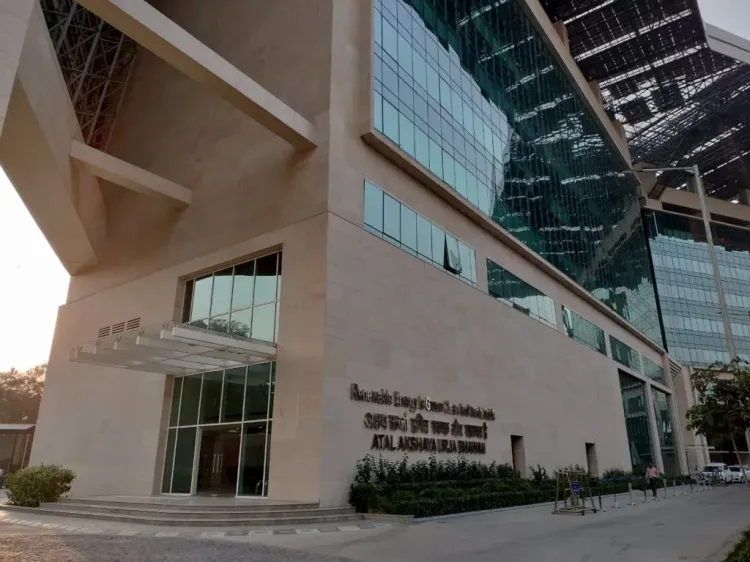How are New Biomass Guidelines Set to Enhance Bio-Energy and Improve Business Operations?

Synopsis
Key Takeaways
- Streamlined processes reduce paperwork for biomass businesses.
- Technological integration promotes cost-effective monitoring.
- Flexible sales agreements allow dynamic market responses.
- Performance-based subsidy encourages operational efficiency.
- Guidelines support air pollution reduction efforts.
New Delhi, June 28 (NationPress) In an effort to foster cleaner energy solutions, facilitate business operations, and hasten the implementation of biomass technologies throughout the nation, the government has unveiled revised guidelines for the biomass program.
The newly established norms fall under Phase-I of the National Bioenergy Programme, which is effective from FY 2021–22 to 2025–26.
The Ministry of New and Renewable Energy (MNRE) has streamlined various processes, reducing paperwork and simplifying approval requirements, thereby enabling industries, particularly MSMEs, to boost their production capabilities.
A significant feature of the revisions is the integration of technology, allowing the use of IoT-based monitoring solutions or quarterly data submissions instead of costly systems like SCADA.
This economical approach fosters digital oversight and accountability, particularly benefiting smaller operators, as stated by the ministry.
The guidelines further advocate a considerable reduction in documentation requirements. Developers of briquette and pellet manufacturing units will no longer have to provide multiple documents related to clearance.
“This modification will save time and enhance the ease of doing business,” the ministry noted.
To improve operational adaptability, the previous stipulation for a two-year briquette or pellet sales contract has been replaced with a generic sales agreement. This adjustment enables project developers to respond more flexibly to market dynamics without the constraint of long-term contracts.
The updated guidelines permit the flexible sale of biomass products, allowing businesses to initiate operations without lengthy contracts.
Additionally, the subsidy disbursement system under the Central Financial Assistance (CFA) component has been made performance-based and transparent. Projects achieving operational efficiency above 80 percent will receive full financial support, while those below this threshold will receive assistance on a pro-rata basis.
The timeline for performance inspections has been simplified. Previously required within 18 months from commissioning, it can now occur within 18 months either from the commissioning date or from the date of In-principle approval, whichever is later.
Moreover, to address the operational challenges faced by developers, the Secretary of MNRE may extend the inspection period.
During inspections, performance evaluations were based on operation at an average of 80 percent of rated capacity over three consecutive days, averaging 16 hours per day.
“Now, this has been reduced to just 10 hours, as the inspection primarily aims to verify claimed and operational capacities, making a 10-hour continuous operation sufficient,” the ministry added.
In recognition of the pressing need to combat air pollution, particularly from stubble burning in northern India, the new guidelines permit biomass pellet producers in Delhi, Punjab, Haryana, and NCR districts of Rajasthan and Uttar Pradesh to select the most advantageous support scheme, either from MNRE or CPCB.
These modifications align with the improvement of stubble management and India’s overarching objective of achieving net-zero emissions by 2070.








